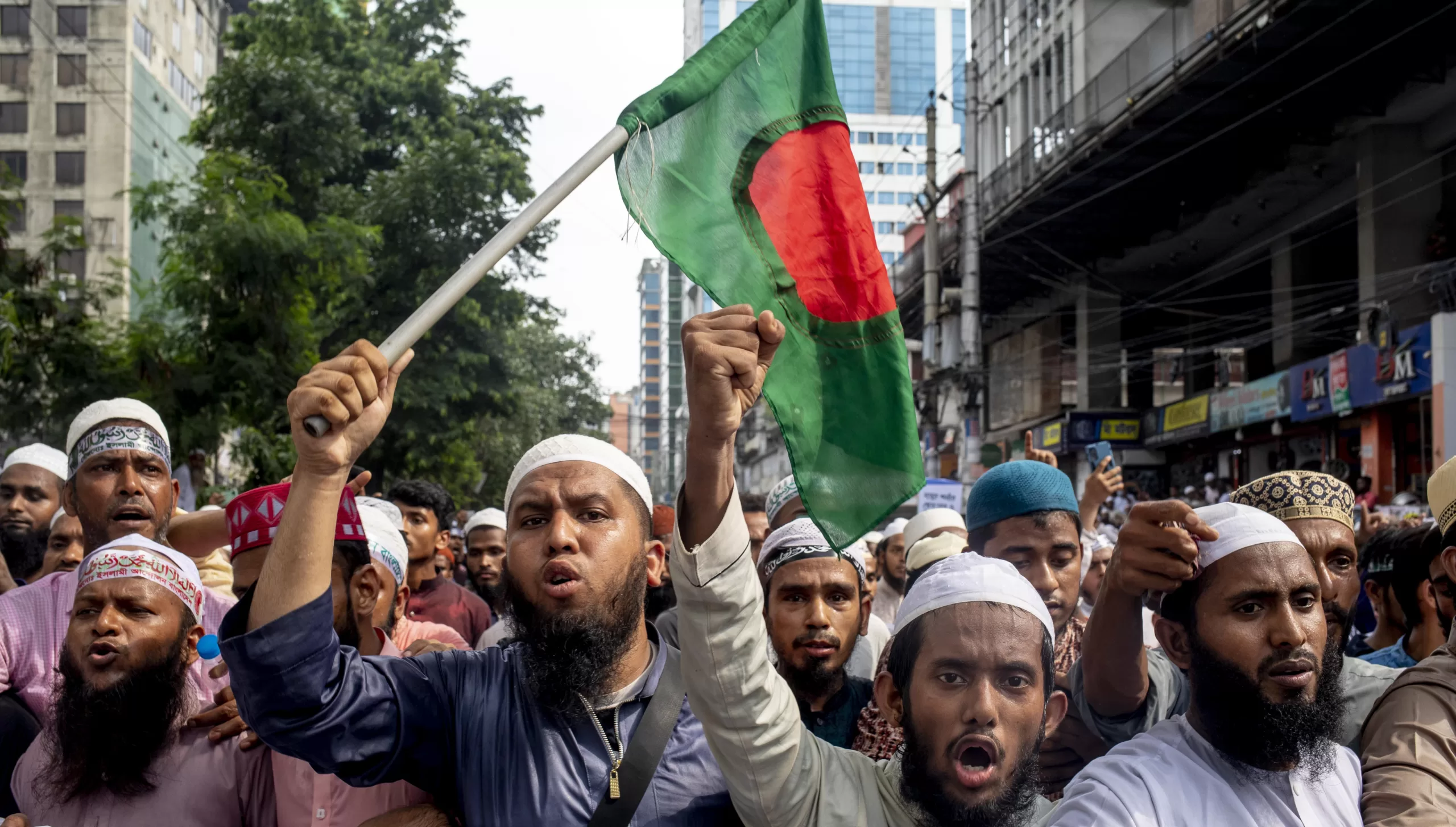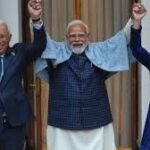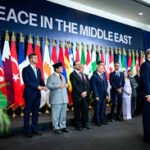Mobocracy’s Rise Over Democracy in Bangladesh, a significant shifts in its governance structure. Bangladesh, a country with a vibrant political history and an evolving democratic system, has witnessed Over the past decades. The rise of mobocracy—a system where mob rule or mass mobilization overrides formal democratic processes—has increasingly overshadowed democratic principles. This shift reflects broader challenges facing democratic institutions and highlights the complex interplay between popular mobilization and governance.
The origins of mobocracy in Bangladesh can be traced back to its struggle for independence and the subsequent formation of the nation in 1971. The initial euphoria of independence was quickly tempered by the challenges of building a stable democracy. In the early years, political instability and the military’s intervention into politics set the stage for future conflicts between democratic ideals and mob-driven politics.
One of the primary factors contributing to the rise of mobocracy in Bangladesh is political instability, which has plagued the country for decades. Frequent changes in government, often marked by violence and civil unrest, have eroded trust in democratic institutions. The political landscape has been dominated by two major parties—the Awami League and the Bangladesh Nationalist Party (BNP)—whose fierce rivalry has led to numerous confrontations and street violence.
The weakness of democratic institutions has further compounded the problem. Corruption, inefficiency, and lack of accountability have undermined the effectiveness of governance. In such an environment, political leaders and parties often resort to mobilizing mass support through rallies and demonstrations rather than working through established democratic channels. This reliance on mob support rather than institutional solutions gradually shifts the balance of power away from formal democratic processes.
The integrity of elections in Bangladesh has been a persistent issue. Allegations of vote rigging, electoral fraud, and manipulation have marred many elections. The 2014 and 2018 national elections, in particular, were characterized by widespread accusations of irregularities, violence, and suppression of opposition voices. These events have contributed to a perception that electoral processes are unfair and untrustworthy.
In the absence of credible electoral processes, political parties and leaders have increasingly turned to street mobilization to demonstrate their strength and legitimacy. This shift has led to the proliferation of mobocracy, where the will of the masses, often expressed through violent demonstrations, begins to overshadow formal electoral outcomes and democratic norms.
Political parties and leaders play a crucial role in either reinforcing or undermining democratic principles. In Bangladesh, both major parties have, at times, engaged in practices that undermine democratic norms. Political leaders have frequently mobilized their supporters to engage in violent protests, blockades, and confrontations with rivals. Such tactics not only disrupt democratic processes but also normalize mob rule as a means of political expression and conflict resolution.
For instance, during periods of intense political rivalry, street violence and public demonstrations have often become the primary means of resolving political disputes. This practice not only exacerbates political instability but also erodes public confidence in democratic institutions and processes. When political leaders prioritize mob mobilization over dialogue and negotiation, they contribute to the erosion of democratic norms.
The dominance of mobocracy has significant implications for governance and society. In the context of mob rule, decision-making often becomes reactive rather than strategic. Governments may prioritize short-term concessions to appease popular sentiment rather than pursuing long-term policies based on democratic principles and expert advice. This approach can lead to inconsistent and ineffective governance, further weakening the state’s ability to address critical issues.
Moreover, the normalization of mobocracy can have detrimental effects on social cohesion. In a system where political power is often exercised through mass mobilization, social divisions can be exacerbated. Political conflicts may become more polarized, with different factions using mob tactics to assert their dominance. This polarization can lead to increased social tension and violence, further undermining democratic values and stability.
The rise of mobocracy in Bangladesh has drawn concern from both domestic and international observers. Human rights organizations, democracy advocates, and foreign governments have criticized the erosion of democratic norms and the prevalence of mob violence. International pressure and interventions, while sometimes offering support for democratic reforms, often face limitations due to the complex and entrenched nature of domestic politics.
Domestically, civil society organizations and activists have worked tirelessly to promote democratic values and challenge mob rule. However, their efforts are frequently met with resistance from powerful political actors who benefit from the status quo. The challenge for these groups is to build a robust democratic culture in the face of entrenched political practices and public disillusionment.
Addressing the rise of mobocracy in Bangladesh requires a multifaceted approach. Strengthening democratic institutions and ensuring the integrity of electoral processes are crucial steps. Reforms aimed at enhancing transparency, accountability, and efficiency in governance can help restore public confidence in democratic institutions.
Additionally, promoting political dialogue and reducing polarization are essential for stabilizing the political environment. Encouraging constructive engagement between political parties and fostering a culture of compromise can help shift the focus from mob mobilization to institutional solutions.
Civil society and international partners also play a vital role in supporting democratic reforms and advocating for human rights. Collaborative efforts to address the root causes of political instability and promote democratic values can contribute to a more stable and democratic Bangladesh.
In conclusion, the rise of mobocracy over democracy in Bangladesh reflects broader challenges in balancing popular mobilization with democratic governance. Addressing these challenges requires a concerted effort to strengthen democratic institutions, ensure electoral integrity, and promote political dialogue. By reinforcing democratic principles and fostering stability, Bangladesh can work towards a more resilient and democratic future.





Leave a Reply